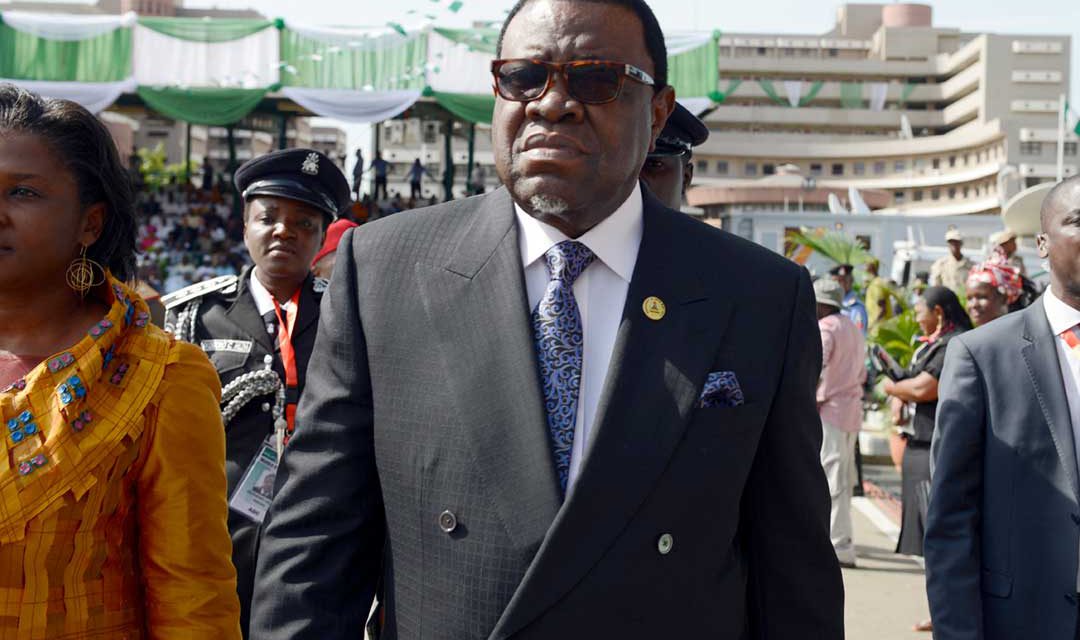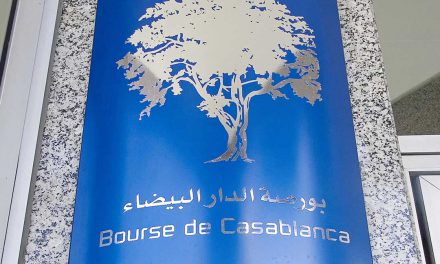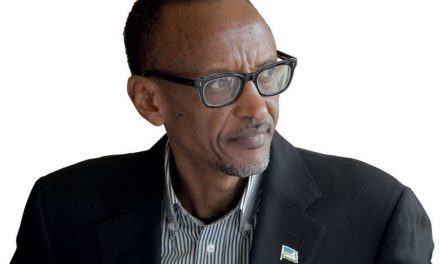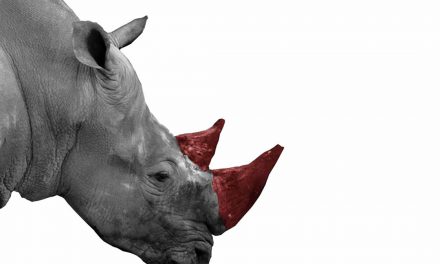Namibia: apartheid-era tactics
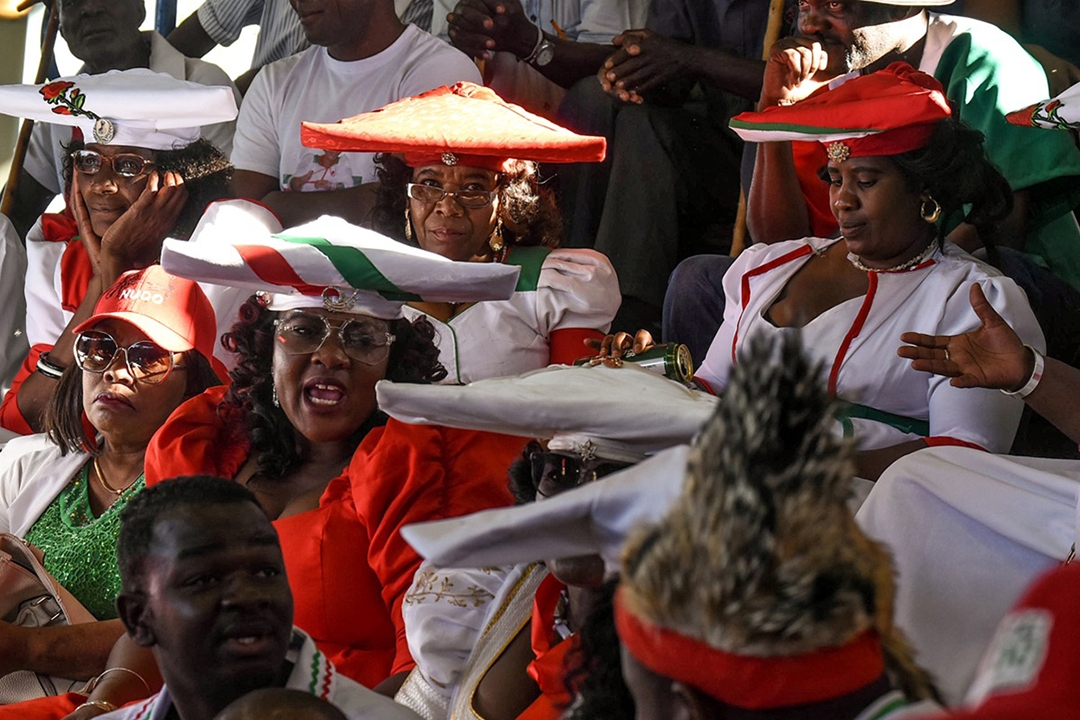
By Frederico Links
In April 2018, Namibia’s Central Intelligence Service (NCIS) attempted to block the publication of a report by the weekly The Patriot newspaper alleging widespread misuse of state assets and resources by the spy agency’s bosses. Strikingly, the NCIS cited the apartheid-era Protection of Information Act of 1982, which allows state security agencies to invoke an information and media blackout under the cloak of “national security”. The law itself has long since been scrapped in South Africa, after it was found to be unconstitutional in the post-1994 dispensation in that country.
But in Namibia, the Protection of Information Act remains firmly on the statute books – a weapon that can and has now been used to try to censor the press and limit free expression. The Patriot took the matter to court and, in June 2018, won its challenge. “The provisions of the law can and should never be used for any illegal purpose or to cover up unlawful or potentially unlawful activity,” said High Court Judge Harald Geier in a stinging comment. This attempt to gag the media attracted fierce condemnation from both the public, mostly on social media platforms, as well as civil society organisations.
Several civil society organisations were strongly critical of the move. In April 2018, after the attempt to gag the newspaper became public, the Access to Information in Namibia (ACTION) Coalition said state security structures were resorting to apartheid-era laws “to undermine transparency and accountability and, in essence, the public interest in an independent Namibia (Disclaimer: this writer is the chairperson of the ACTION Coalition.).” The Editors’ Forum of Namibia (EFN) said the government was using an apartheid law “to silence the media and to promote secrecy”.
Members of the Namibian ruling party elite are increasingly displaying elements of a securocratic mindset and a governance approach strongly reminiscent of the pre-independence apartheid regime, under which South Africa governed the country as a provincial police state. The Swapo-led government was mainly doing easy things, such as changing street names and taking down statues, so as to seem to be conquering colonialism, Gwen Lister, a founder and former editor of Namibia’s largest newspaper, The Namibian, told Africa in Fact.
Lister herself was constantly harassed – even arrested and detained while pregnant – during the dark apartheid days. South African state security operatives also bombed the newspaper’s offices in the late 1980s because of its reporting of apartheid regime excesses in pre-independence Namibia. The current government is keeping “draconian”, apartheid-era legislation on the books, such as the Protection of Information Act “because they could – and have [already] – come in useful one day,” says Lister, now chairperson of the Namibia Media Trust (NMT). “There’s also a tendency to defend some practices and policies by saying, ‘if they did it, why can’t we?’.”
Lister recalls attending a tripartite meeting of government, labour and the private sector soon after independence, when she questioned Prime Minister Hage Geingob (now the Namibian president) on the purchase of luxury BMW vehicles for government officials. She put it to him that Swapo, the current ruling party, had promised to be different to the previous government. As she remembers the encounter, his reply was: “You didn’t make an issue when apartheid leaders did it, so why is it unacceptable now when done by a black government which fought for these same privileges?”
The Economic Association of Namibia (EAN) development economist and programme manager, Cons Karamata, told Africa in Fact that the country’s post-independence political elites have come to seem imitative of the former apartheid rulers because the structures of the apartheid-era political economy remain largely intact. “They basically took over the structures of the colonisers,” he says. “To a large extent, the [apartheid] model continued”.
Since independence in 1990, Namibia’s post-independence elites have, in a similar manner to apartheid-era elites, cornered and replicated educational and economic opportunities to benefit their offspring and associates, he argues. Their children, for instance, are afforded the best education and, once they graduate, are given preferential access to state-controlled employment and resources. The pattern is one of social exclusion for the country’s less-privileged, mirroring the mode of the previous regime. The “politics of the belly” have seen earlier ideals of a more egalitarian and meritocratic society left in the dust like a sweet paper thrown from a luxury SUV.
The Swapo-led government is “no exception” as compared to other former liberation movements-turned-political parties around Africa in displaying some of the more troubling characteristics of the former colonisers, says Ndumba Kamwanyah, a political columnist for The Namibian newspaper and the deputy director of the University of Namibia’s Centre for Professional Development, Teaching and Learning Improvement. This phenomenon is “deeply concerning” and “highly disappointing and unfortunate,” he told Africa in Fact. “It renders African people’s tireless efforts for decolonisation on the continent fruitless.”
One irony of the situation, Kamwanyah says, is that, as a liberation movement, Swapo itself fought tooth and nail against a colonial system but is now mimicking colonial approaches, practices and tactics in its administration of an independent Namibia. The NCIS-The Patriot affair mirrors other situations in which the Namibian state has taken a “colonial approach” based on apartheid-era municipal ordinances, he argues, including the demolition of shacks and eviction of squatters from informal settlements in urban areas and “a heavy-handed approach” to policing during a recent joint operation of the Namibian police and the military to fight crime.
As regards the latter, President Geingob launched Operation Hornkrantz on 21 December last year, in which police officers and soldiers conducted night patrols and road blocks in urban crime hotspots across the country. But, as reports of arbitrary police and military harassment, violence and intimidation flooded into newsrooms, the operation came under heavy criticism. People who were subjected to it were strongly reminded of the methods of the apartheid police state. “The coloniser [has] only changed colour … The more things change, the more they remain the same,” one Namibian commented on a Facebook post in relation to the operation, which ended in mid-January this year.
“This colonial mindset is more often reflected in the hierarchical nature of Namibian politics in which political leaders, especially the ruling party, Swapo, and government officials, demand loyalty and obedience from citizens,” Kamwanyah says. “Namibia’s politics and decision-making processes are highly centralised at the party and government level.” Namibian leaders, he adds, warn citizens not to discuss certain topics, claiming that doing so might endanger the country’s hard-won peace and stability. In so doing, they use fear to quash public debate about critical issues affecting the nation and impose a code of silence as a condition for peace and stability.
The Swapo-led government’s sensitivity to criticism has apparently only been sharpened by calls for the former liberation movement, now a political party, to account for its human rights violations during the liberation struggle. “There are those that are intent on opening old wounds,” President Geingob told a Heroes Day commemoration in August last year. He followed his comment with a veiled threat: “They shall open a Pandora’s box, notwithstanding the fact that many collaborators and perpetrators of gross crimes against the people of Namibia are still here.”
An editorial in The Namibian commented that when victims of Swapo’s human rights violations tried to speak of their ordeals, they were told to shut up. “Worse still, the victims are blackmailed with accusations that they are agitating for a return to the dark days of apartheid,” the editorial said.
In another incident, in September 2018, the speaker of the Namibian National Assembly, Peter Katjavivi, threatened to evict journalists from covering parliamentary debates after MPs complained of being “spied on”. This followed reports and photographs of many of them distractedly playing on their mobile phones and tablets while important debates were happening in the parliamentary chamber. Katjavivi described the journalists involved as “unprofessional individuals” and threatened to exclude them from parliament. And not long before, Katjavivi had admonished, and effectively censored, ruling party backbenchers for being critical of how the party’s government leaders were performing and governing.
“Someone didn’t get the memo,” Kamwanyah says of the prevailing attitudes of the Swapo elite. “Namibians are not colonial subjects.”
That the ruling political elite is mimicking some of the characteristics of the apartheid regime has also not escaped members of the general public, who make use of social media platforms to vent their frustration about government service-delivery failures and corruption. This year is an election year in Namibia, and many ordinary commentators on social-media platforms are once again calling for things to change.
“While apartheid’s roots have been deep and pervasive and continue to have their effect on Namibian society today, it is up to the government to live up to the promises of democracy and to do away with the lingering effects of apartheid, whether policies or practices,” says Lister. “Nearly three decades after the demise of the colonial era, our rulers must take full responsibility for their actions.”
But only a visionary leadership would try to achieve this, Karamata believes – and such leadership is nowhere in evidence.
Frederico Links is a Namibian journalist, editor, researcher, trainer and activist. Research associate of Namibia’s Institute for Public Policy Research (IPPR). He is primarily concerned with democracy and governance, particularly corruption and maladministration. He is chairperson of the Access to Information in Namibia (ACTION) Coalition of civil society, media and social activists.

